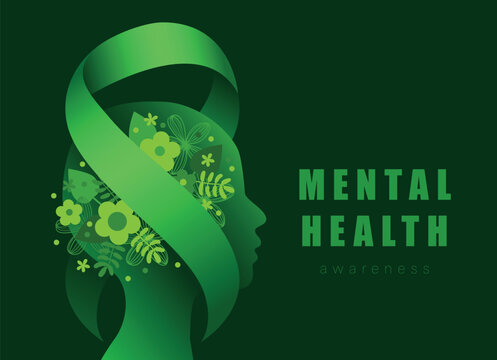Every day, millions of people take to the roads, expecting to reach their destinations safely. However, for some, the journey ends in tragedy. Road accidents are a silent epidemic, claiming lives and causing devastating injuries worldwide. From minor fender-benders to catastrophic collisions, these incidents have far-reaching consequences that affect individuals, families, and entire communities. But what exactly causes road accidents, and how can we prevent them?
The Alarming Statistics
According to the World Health Organization (WHO), approximately 1.3 million people die in road crashes every year, while between 20 to 50 million suffer non-fatal injuries, many of which lead to long-term disabilities. In some countries, road accidents are among the leading causes of death, particularly for young adults. The economic burden of these accidents is equally staggering, costing nations billions of dollars annually in medical expenses, lost productivity, and property damage.
Major Causes of Road Accidents
1. Human Error
The vast majority of road accidents are caused by human mistakes. These include:
-
Speeding – Exceeding speed limits reduces reaction time and increases the severity of crashes.
-
Distracted Driving – Texting, talking on the phone, or even adjusting the radio can divert attention from the road.
-
Drunk Driving – Alcohol impairs judgment, slows reaction times, and affects coordination.
-
Reckless Driving – Aggressive maneuvers, such as tailgating and weaving through traffic, often result in accidents.
2. Poor Road Conditions
Potholes, poorly maintained roads, and inadequate signage can contribute to accidents. Slippery roads due to rain or snow also increase the likelihood of losing control of a vehicle.
3. Mechanical Failures
Faulty brakes, worn-out tires, or engine failures can lead to accidents, especially if drivers are unaware of these issues. Regular vehicle maintenance is crucial to preventing such mishaps.
4. Weather Conditions
Heavy rain, fog, or ice can make driving more dangerous by reducing visibility and traction. Many drivers fail to adjust their speed and driving style to match the conditions.
The Impact of Road Accidents
1. Loss of Life and Injuries
For families who lose loved ones in road accidents, life is never the same. Survivors often suffer from permanent disabilities, emotional trauma, and financial difficulties due to medical expenses and lost income.
2. Economic Consequences
Governments and businesses bear a significant financial burden due to accidents. From hospital bills to insurance claims, road crashes cost the global economy billions every year.
3. Psychological and Social Effects
Survivors of accidents often experience PTSD (Post-Traumatic Stress Disorder), anxiety, and depression. Families of victims also struggle with grief and emotional distress.
Preventing Road Accidents: What Can Be Done?
1. Stricter Traffic Laws and Enforcement
Governments must implement and enforce strict traffic laws, such as speed limits, seat belt usage, and penalties for drunk driving.
2. Better Road Infrastructure
Investing in safer roads, clear signage, pedestrian crossings, and better lighting can significantly reduce accidents.
3. Public Awareness Campaigns
Educating people about the dangers of reckless driving through awareness programs, advertisements, and school curriculums can promote safer driving habits.
4. Advanced Vehicle Technology
Modern cars come equipped with safety features such as lane departure warnings, automatic emergency braking, and blind-spot monitoring, which help prevent accidents.



No comments:
Post a Comment